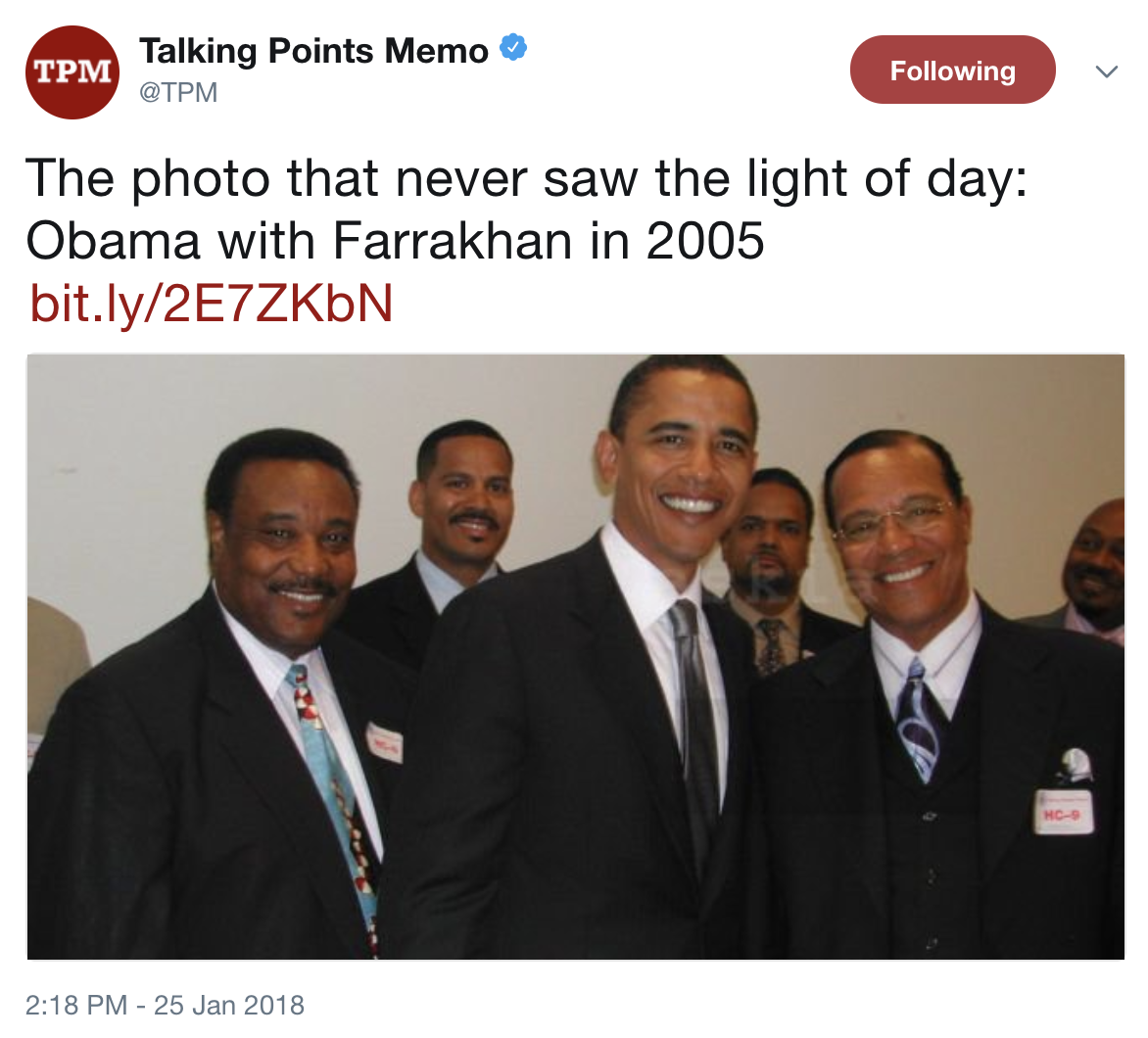Jewish thinkers and writers recognize the power nationalism and groupthink have on people as they know history. Nationalism in modern times has been a keynote phrase of republicans and Trump used that mindset in his speeches and even in the symbols of his administration. The good people on the both sides comment is an indicator of Trump's bizarre lack of knowledge, but it feeds his base's nationalistic sympathies. PC appears to me as a bitter person who fails to see the world in an honest open manner, even the use of democrat for democratic shows that. Narrow minds are easily led and many Americans today simply cheer because they have taken sides and follow.
Read this book sometime.
Becoming Evil: How Ordinary People Commit Genocide and Mass Killing by James Waller
"The main hypothesis concerning group-think is this: the more amiability and espirt de corps among the members of an in-group of policymakers the greater the danger that independent critical thinking will be replaced by groupthink, which is likely to result in irrational and the dehumanizing actions directed at out-groups." Irving L. Janis in 'Sanctions for Evil'
'Why Your Brain Hates Other People - And how to make it think differently.''
Overcoming Us vs. Them
"When we treat politics like sport or war, then we treat ourselves as fans or soldiers, cheering or booing or following orders, when we treat politics like that, then those who hold differing views from us are not wrong, they are evil. They are not mistaken, they are enemies." Jennifer Mercieca
"We first kill people with our minds, before we kill them with weapons. Whatever the conflict, the enemy is always the destroyer. We're on God's side; they're barbaric. We're good, they're evil. War gives us a feeling of moral clarity that we lack at other times." Sam Keen
Off topic
#4 "Take responsibility for the face of the world"
'The symbols of today enable the reality of tomorrow, Notice the swastikas and the other signs of hate. Do not look away, and do not get used to them. Remove them yourself and set an example for others to do so.''
"Life is political, not because the world cares about how you feel, but because the world reacts to what you do. The minor choices we make are themselves a kind of vote, making it more or less likely that free and fair elections will be held in the future. In the politics of the everyday, our words and gestures, or their absence, count very much. A few extreme (and less extreme) examples from the twentieth century can show us how.
In the Soviet Union under the rule of Joseph Stalin, prosperous farmers were portrayed on propaganda posters as pigs-a dehumanization that in a rural setting clearly suggests slaughter. This was in the early 1930s, as the Soviet state tried to master the countryside and extract capital for crash industrialization. The peasants who had more land or livestock than others were the first to lose what they had. A neighbor portrayed as a pig is someone whose land you can take. But those who followed the symbolic logic became victims in their turn. Having turned the poorer peasants against the richer, Soviet power then seized everyone's land for the new collective farms. Collectivization, when completed, brought starvation to much of the Soviet peasantry. Millions of people in Soviet Ukraine, Soviet Kazakhstan, and Soviet Russia died horrible and humiliating deaths between 1930 and 1933. Before it was over, Soviet citizens were butchering corpses for human meat.
In 1933, as the starvation in the USSR reached its height, the Nazi Party came to power in Germany. In the euphoria of victory, Nazis tried to organize a boycott of Jewish shops. This was not very successful at first. But the practice of marking one firm as "Jewish" and another as "Aryan" with paint on the windows or walls did affect the way Germans thought about household economics. A shop marked "Jewish" had no future. It became an object of covetous plans. As property was marked as ethnic, envy transformed ethics. If shops could be "Jewish," what about other companies and properties? The wish that Jews might disappear, perhaps suppressed at first, rose as it was leavened by greed.... " p33,34

